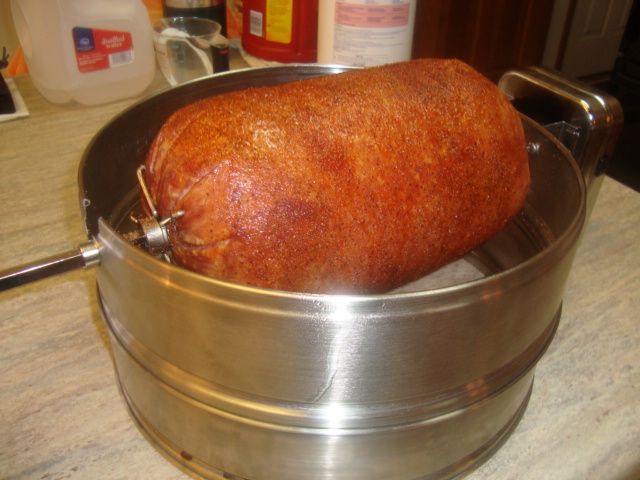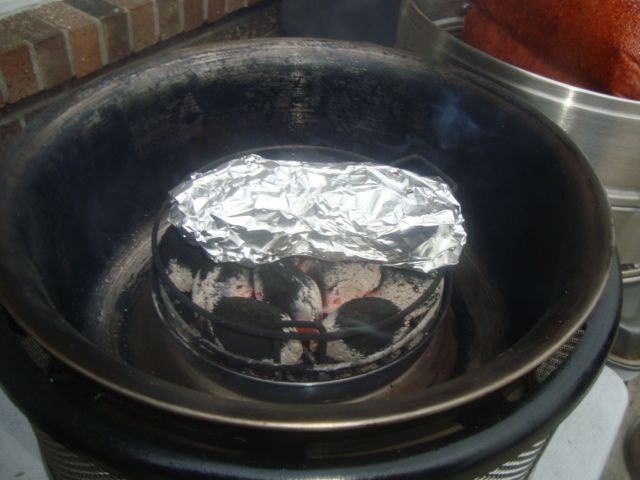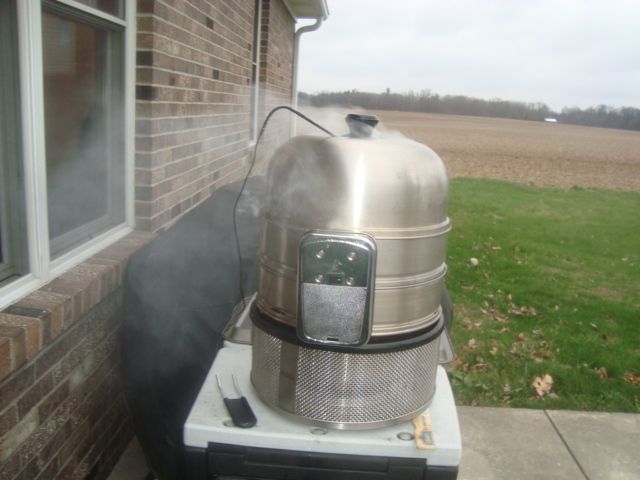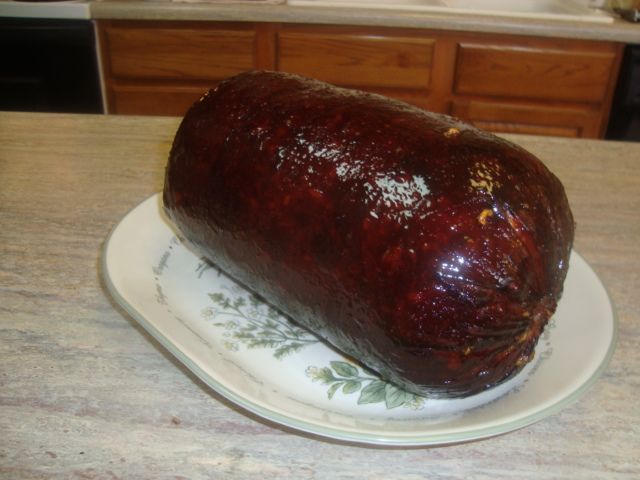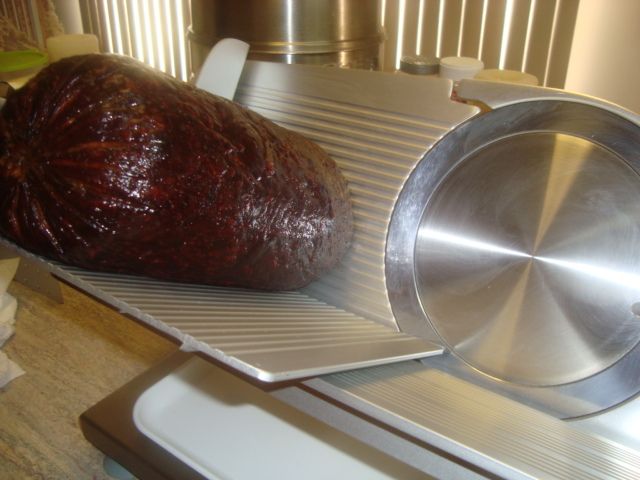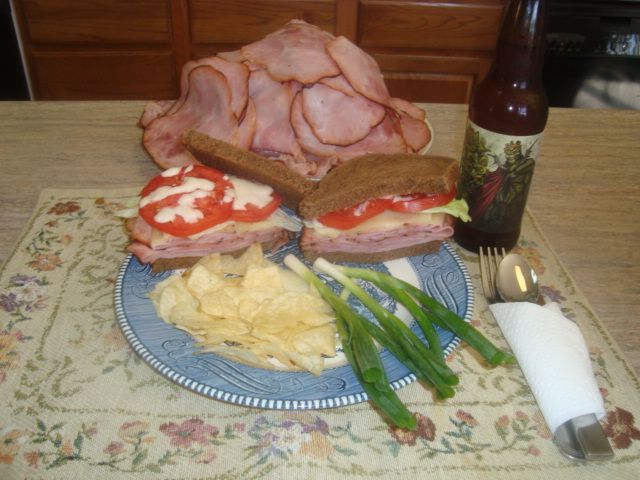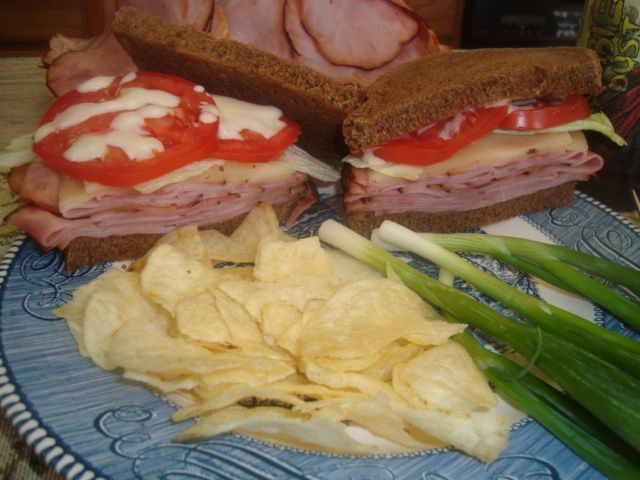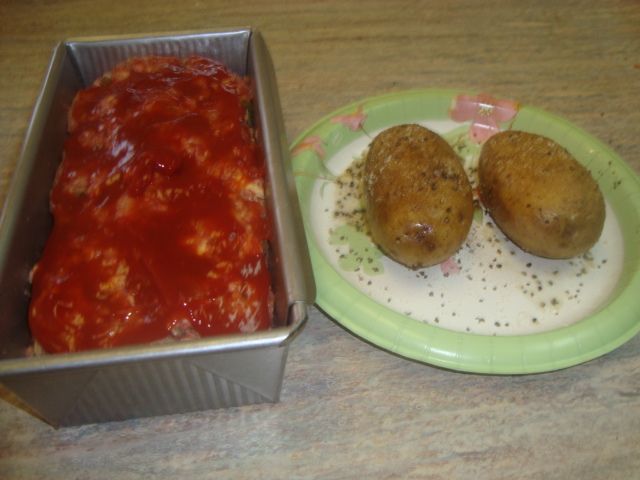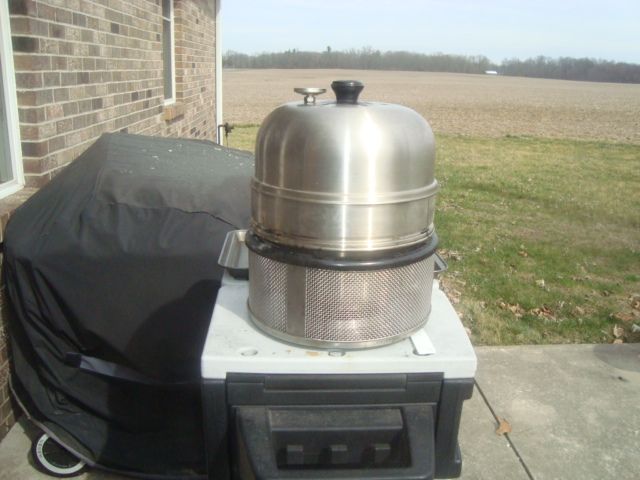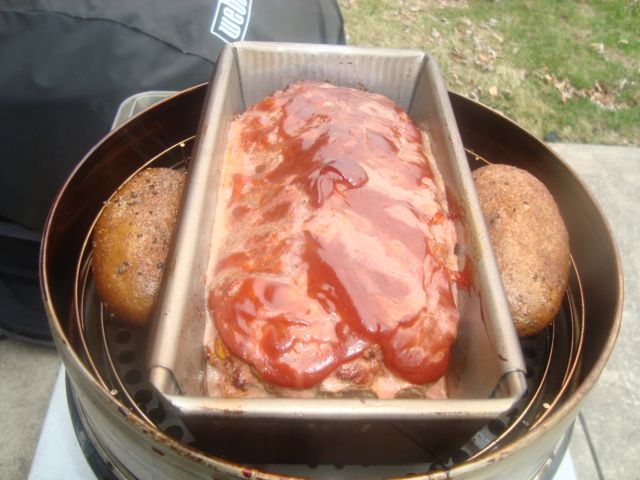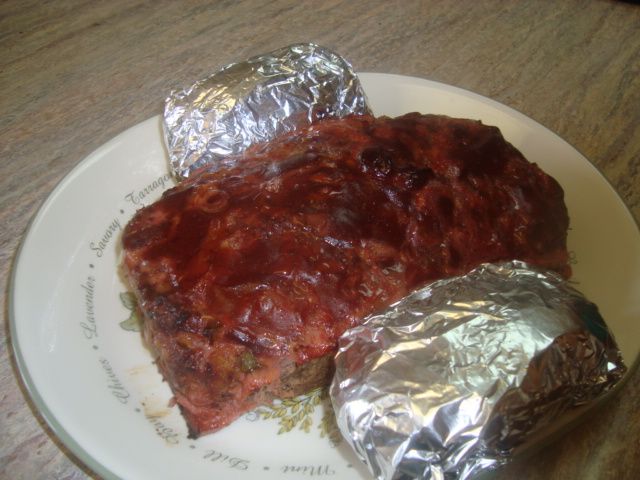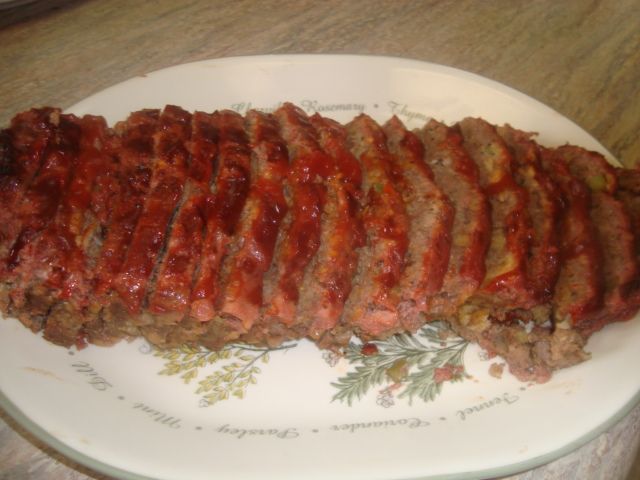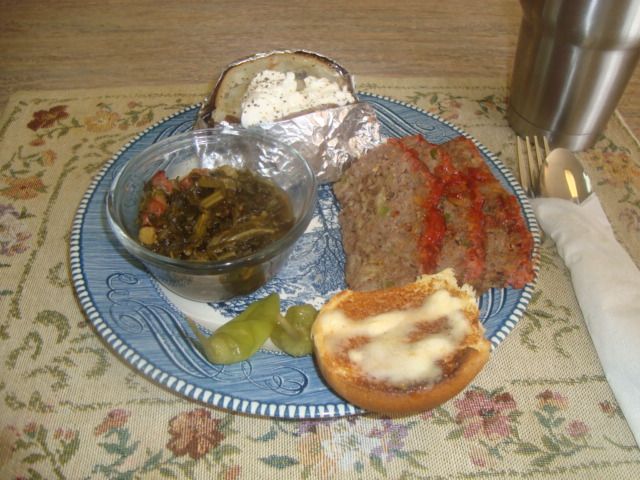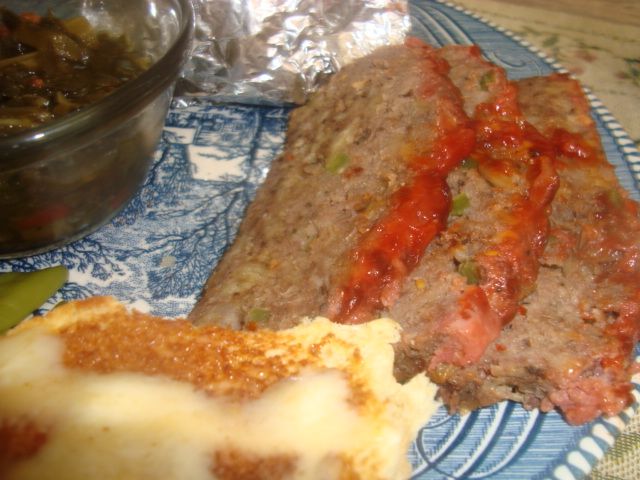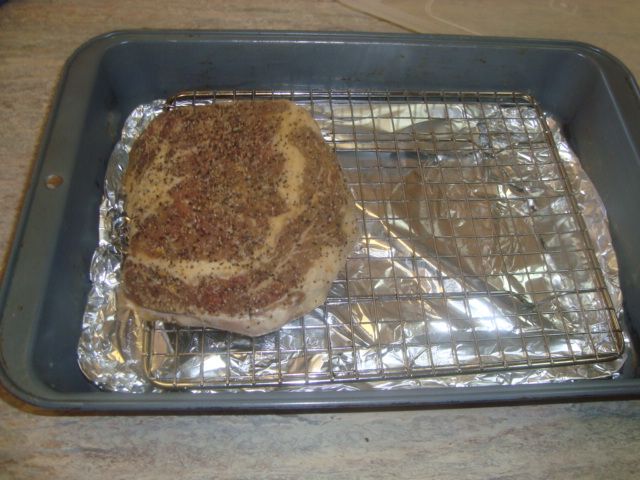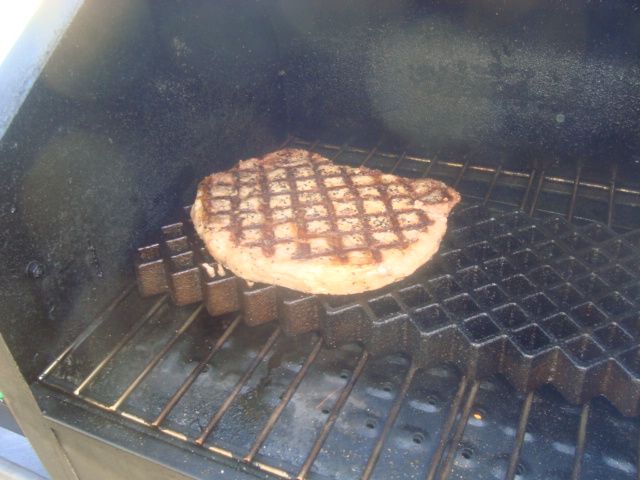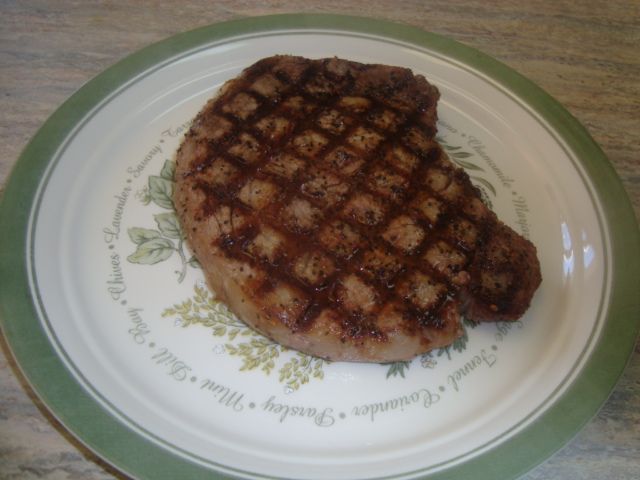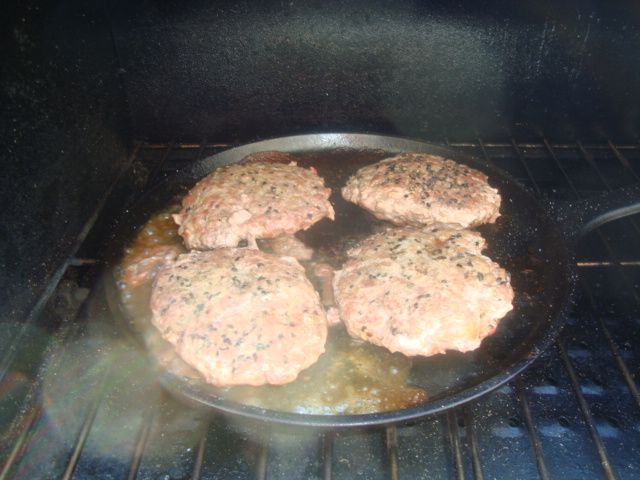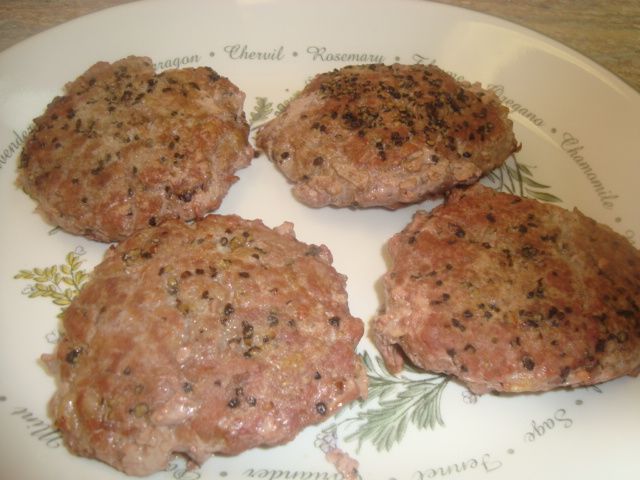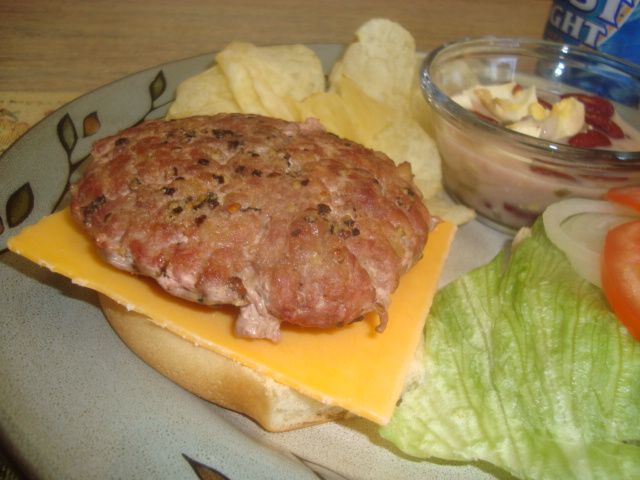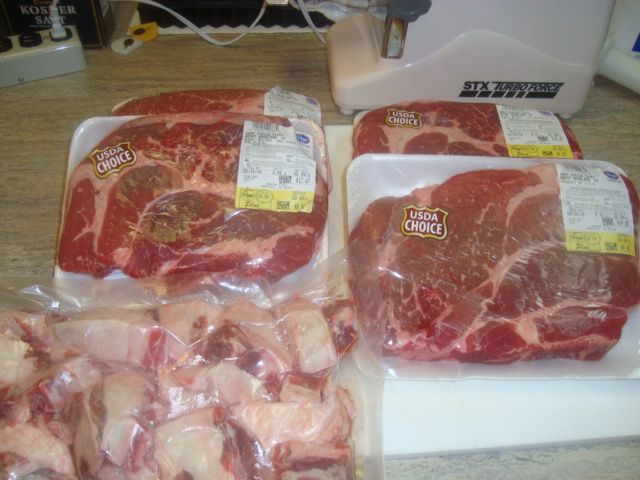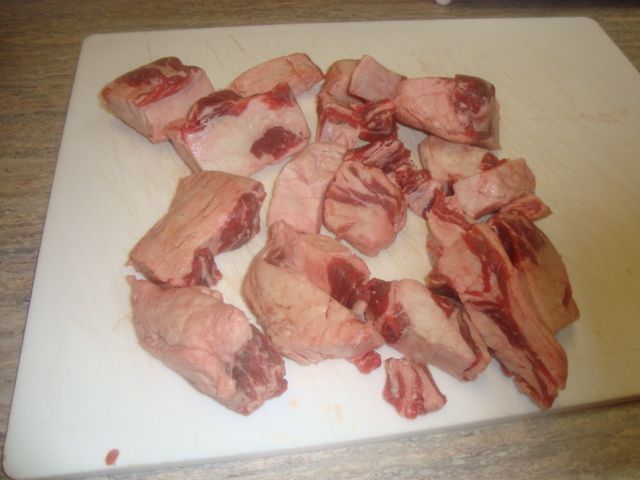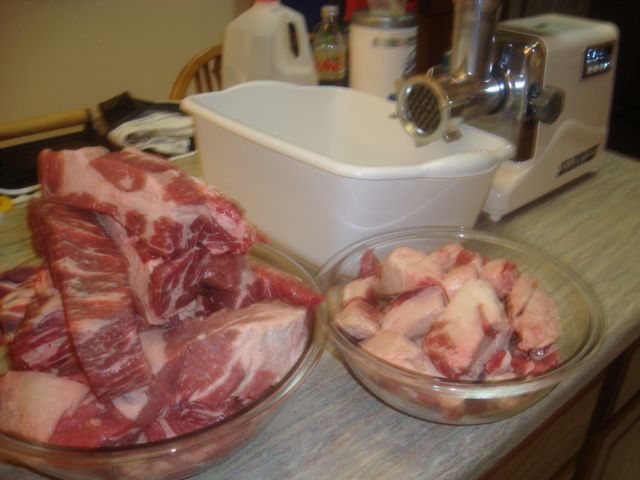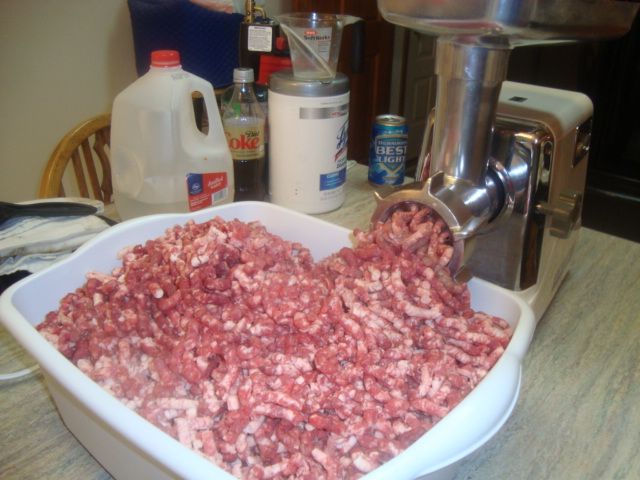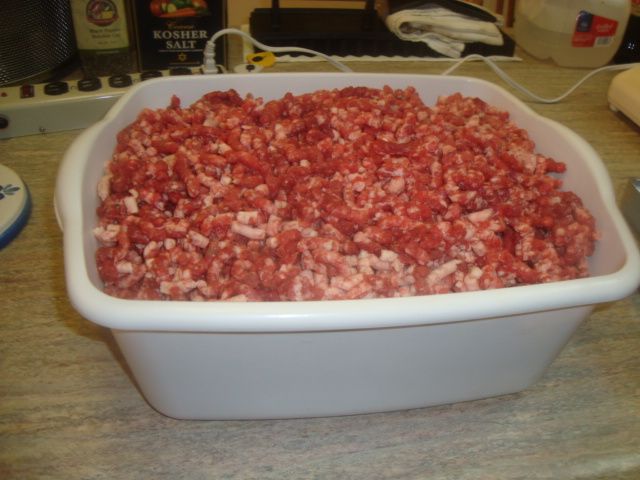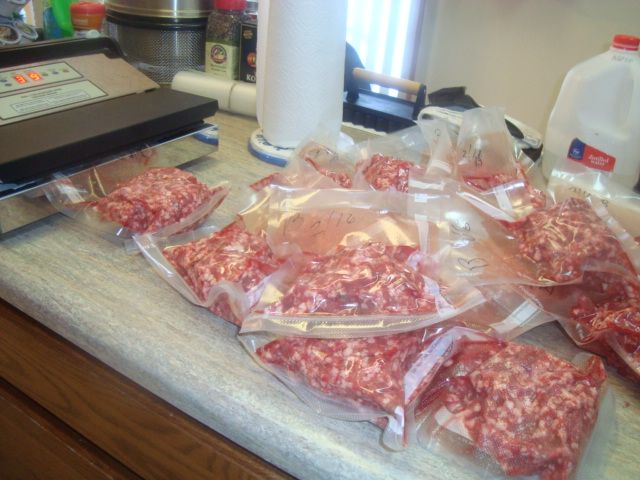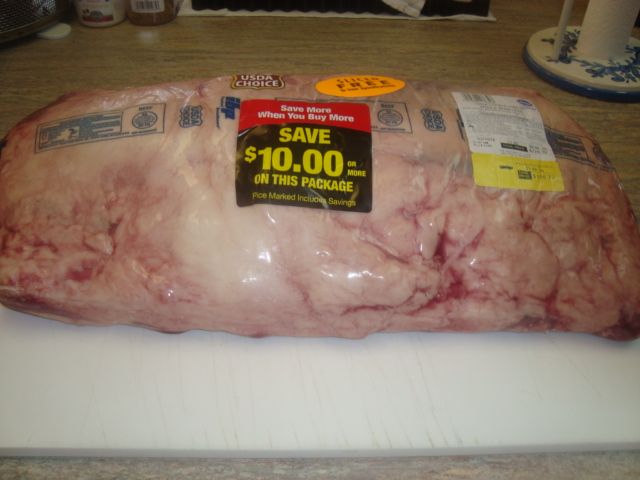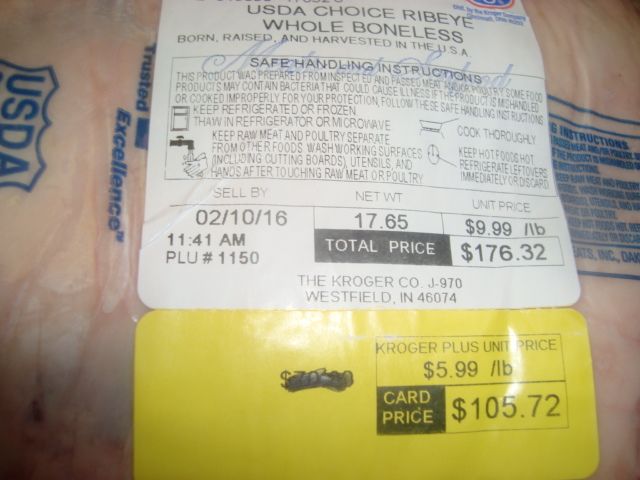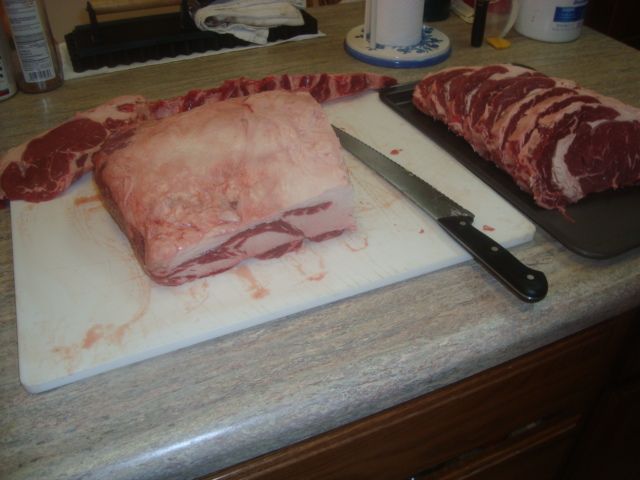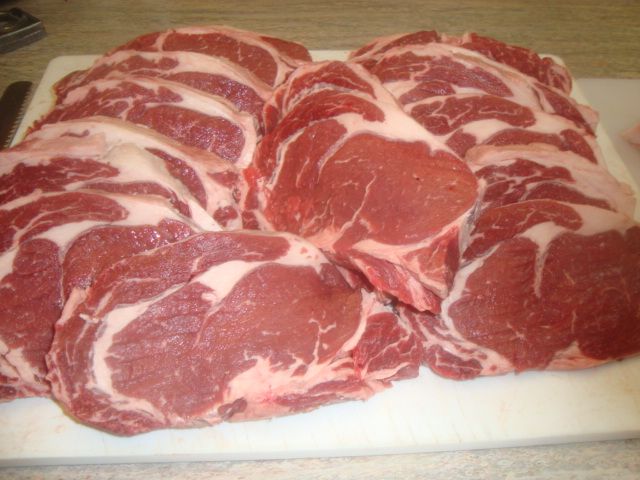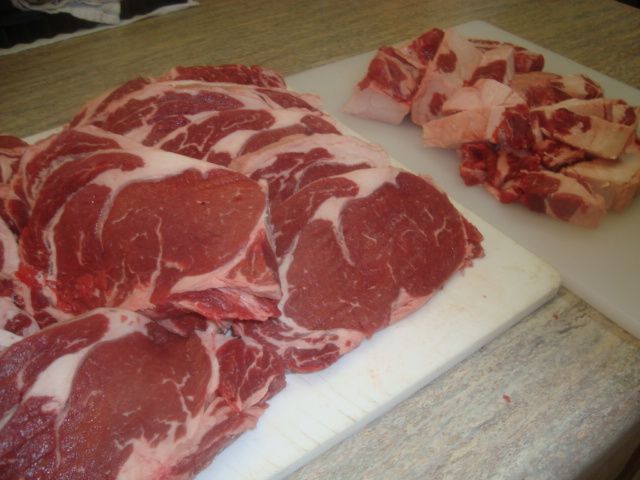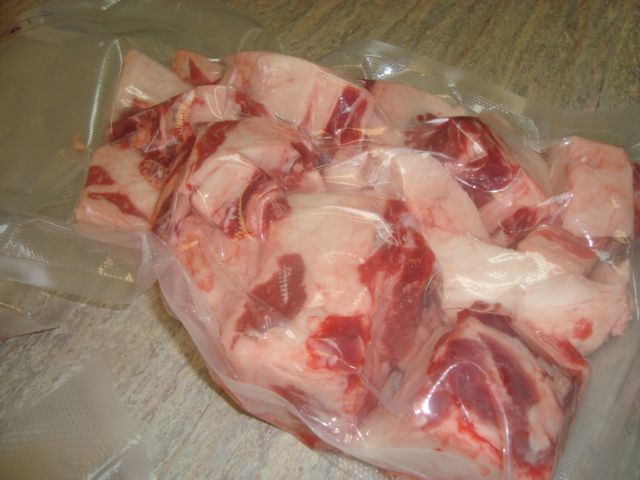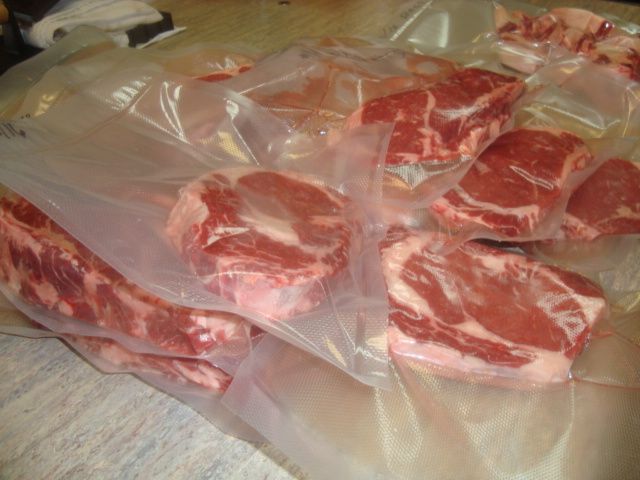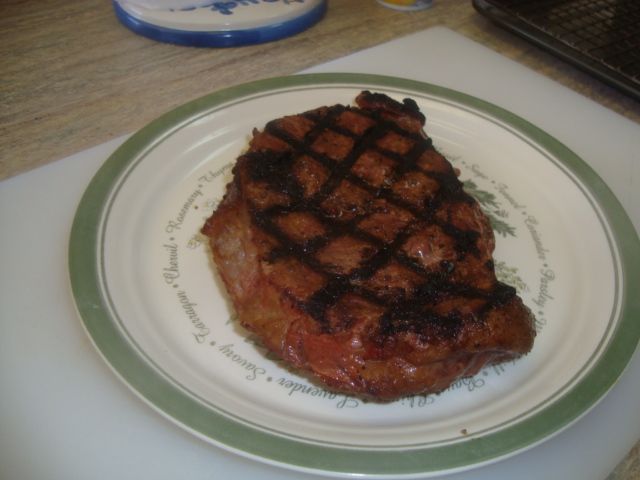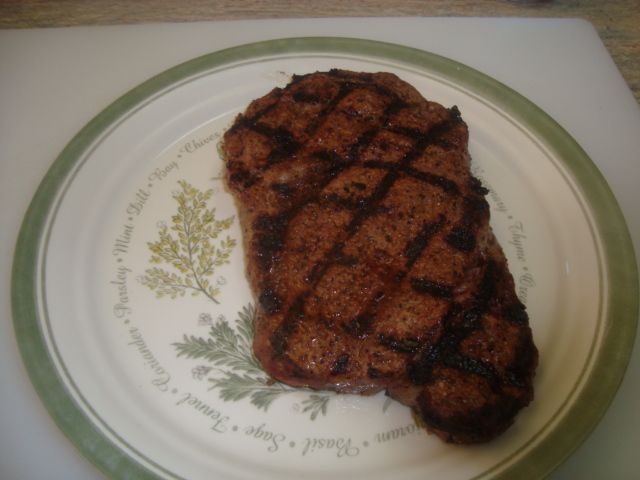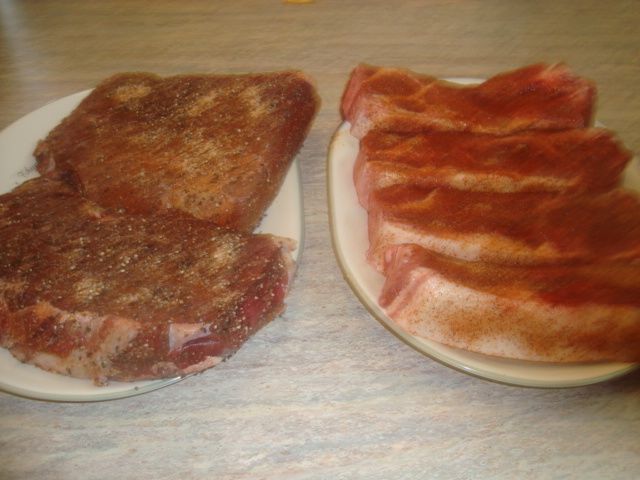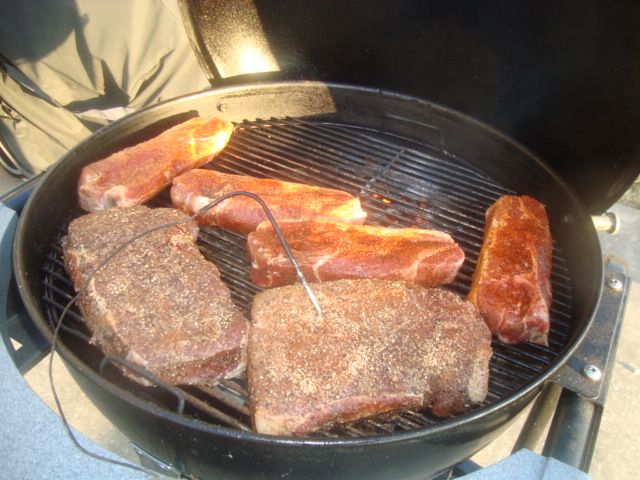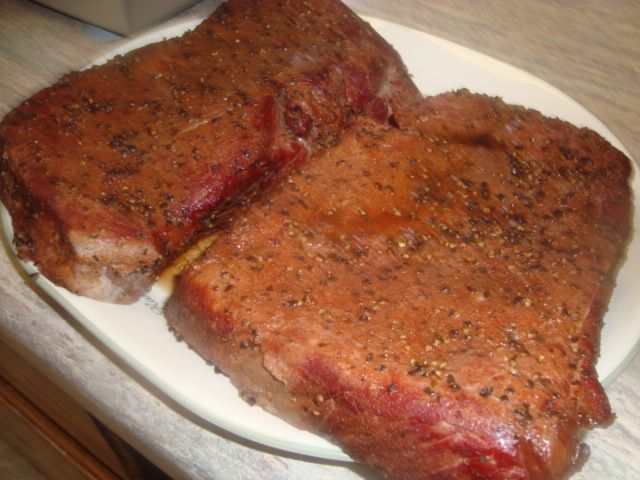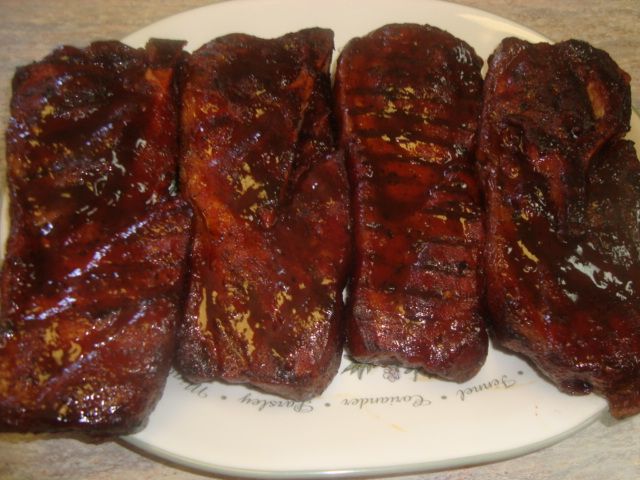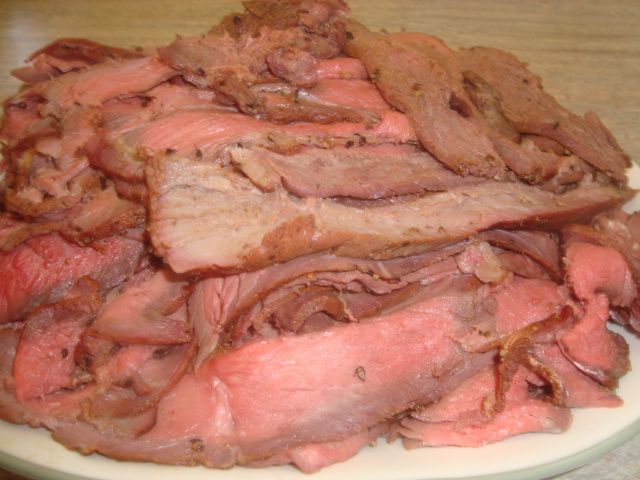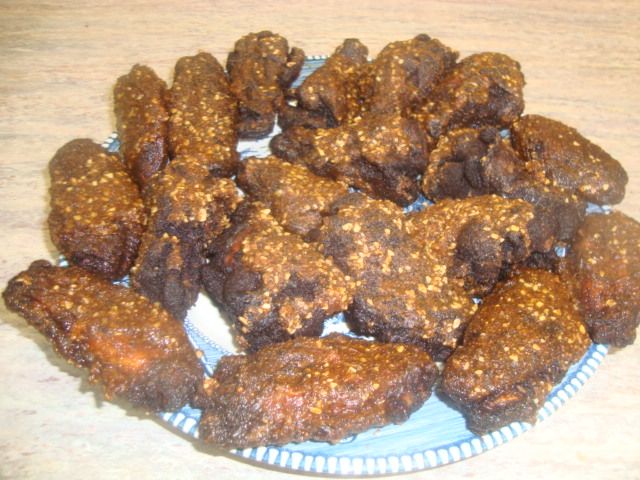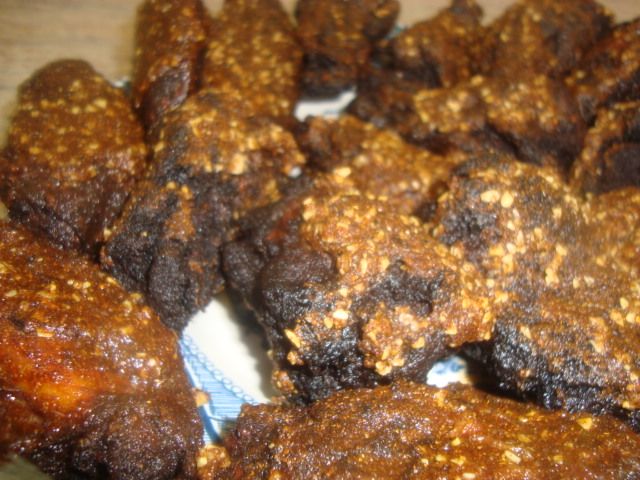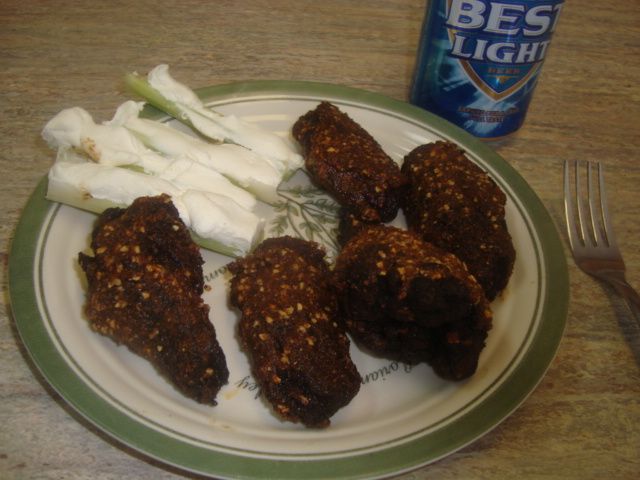This modification was one of my Winter projects this year and I thought it would be a great accessory to an already fine little cooker. I love rotisserie cooking over charcoal or wood and do it on several of my other cooker as well so I had a little experience of setting up something that would work well.
I started out by looking for a rotisserie kit of some type that might work on the Cobb Grill and found a couple of what looked like very light duty kits in Europe that were designed for the grill. Probably be expensive to ship and I didn’t feel they would work for the type and weight of the meat I wanted to cook so I decided against ordering one of those kits.
I decided to go ahead and built something out of some parts I had on hand and then order the few parts I needed to complete the modification.
Since I am writing this to help others make this modification, I will assume that these folks will be starting from scratch with only the Cobb Premier Grill or one of the other round models.
I will start with a bill of material and then explain the details:
Cobb Dome Extensions with Chicken Roasting Stand (Qty 2)
A very small motor mount of about 2” or less in width to fit the Cobb Dome Extension
A standard 3 inch battery operated rotisserie motor
A 5/16” spit rod that is at about 16 inches in length
A spit rod handle
A couple of spit rod forks
A 5/16” spit rod bearing
An adjustable counter balance system would also be nice on larger pieces of meat
The two Cobb Dome Extensions are needed to give you enough height for the rotisserie setup. These will give you room to spin a piece of meat up to about 7-1/2” in total thickness with good results. One of these units with the chicken roasting stand is a nice addition to the Cobb Grill anyway for cooking the “Beer Butt” type of whole chicken. I also use one quite often for tall cuts like pork butt, pork ribs, meatloaf in a loaf pan, and some raised grid or two layer cooking in the grill. It is a nice accessory.
The Cobb Dome Extension with Chicken Roasting Stand can be purchased from
www.cobbgrillamerica.com at $26.50 each.
I think there is only one compact motor mount out there that is small enough in width to work well on one of the Cobb Dome Extensions and this can be found at www.cajunbandit.com and is called “The Rotisserie Motor Mount KIt” and the price is $16.99.
After looking around and trying to piece meal together the balance of the parts, I found a kit with everything else that is needed and then some for less money from
http://www.onegrill.com/Universal_Gas_Grill_Rotisserie_Kits_s/130.htm It is called...
OneGrill™ Universal Complete Grill Rotisserie Kit - 19” x 5/16” w/ Chrome Cordless Motor
and this kit is on sale for $48.44 with free shipping.
This kit comes with some mounts that are not needed but is still a less expensive way to purchase the balance of the parts.
Once I got this setup together, I found that with the spit rod at about 3 inches longer than was needed, and the spit rod handle that came in the kit at 4-1/2” in length added to this extra spit rod length, was sticking out too far on the one side of the grill and might be a problem so I made one more purchase of a round spit rod knob that wouldn’t stick out that far. I found a suitable round plastic knob at https://www.amazon.com This is called:
J.W. Winco DG110 WD595 Plastic Ball Knob, 3/8-16" Brass Insert, 1 1/2"Diameter
The cost of this round knob was $4.12
Well, that is the parts I used to modify my little Cobb Grill into one great rotisserie cooker.
The tools required for this modification are as follows:
An electric drill with a set of twist bits suitable for stainless steel
A 3/4” hole saw also suitable for stainless steel
A hammer and a center punch
A hack saw with a blade that will cut stainless steel or a cut off saw of some type
A 2X4 about 15” long
Stainless steel is a little more difficult to work with and your standard Harbor Freight tools may not work with this metal.
I did this modification on my kitchen countertop with some help from the wife in about 45 minutes after I got the layout completed and the six holes counter punched. I used the block of wood for center punching and drilling my holes.
Be super careful with the layout of the 3/4” hole on the motor mount side of the dome extension as it needs to be right.
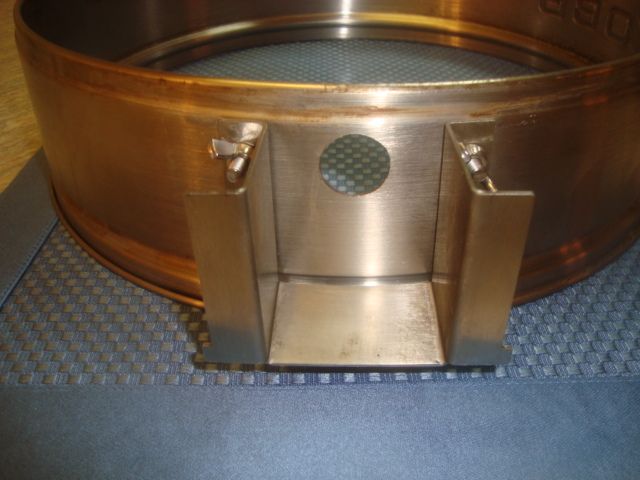
I didn’t drill a smaller pilot hole for this first 3/4” hole saw and the drill drifted just a little and I got the hole about 1/16” too high. Still clears alright but it is close to the spit rod rubbing the bottom of the hole. I drilled the holes from the inside of the extension out on the block of wood.
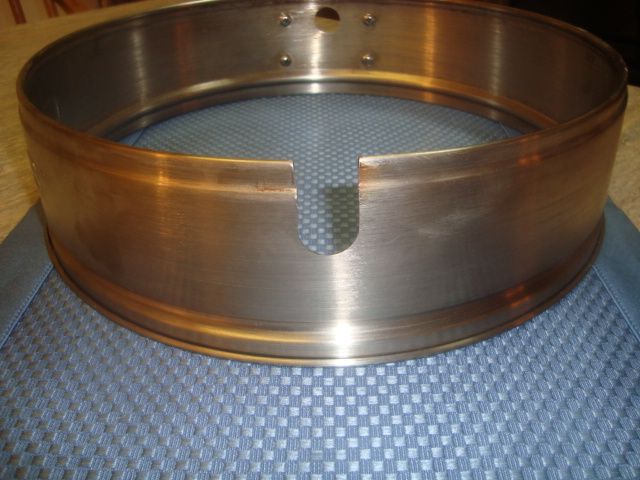
At 180 degrees from the first hole, I drilled the second 3/4” hole in the same position as the first hole and did use a pilot hole first and got this one right where I wanted it. Then you can use the hacksaw or a cut off wheel to cut the slot down to the 3/4” hole like you see on the picture.
Last step is to drill your holes for the motor mounts. Be sure when you layout the motor mount that you do so with the lid on the dome extension to be sure you don’t get the mount too high and interfere with the lid closing properly.
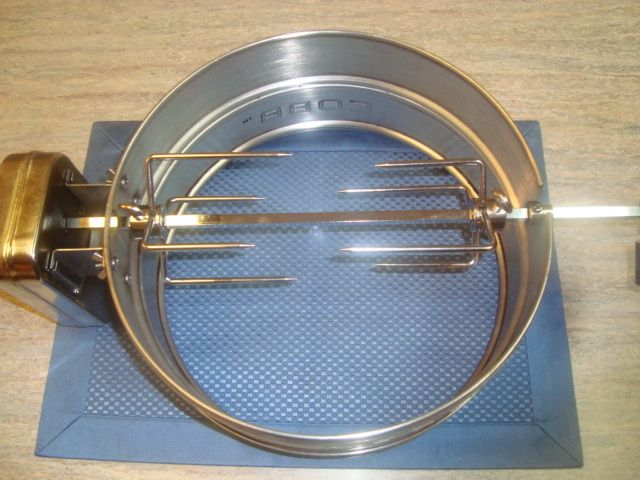
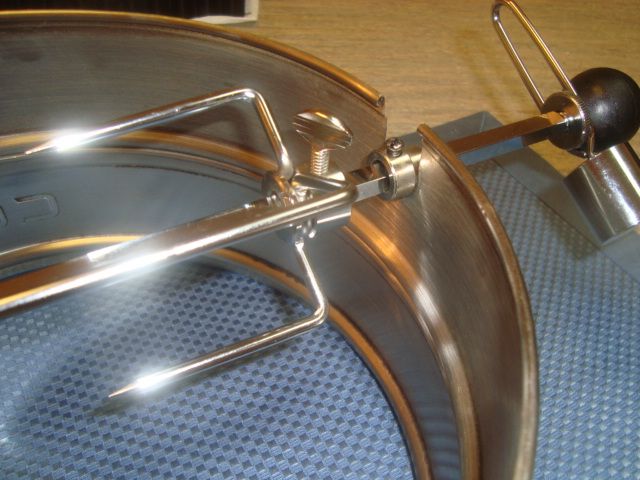
After you mount the spit motor mount, put the knob on the spit rod and place the spit rod bearing on the rod with the smaller end facing the knob end of the rod. Then place the spit rod into the dome extension and adjust the bearing to keep the spit rod from coming out of the motor. Next step is to place the two forks on the spit rod being sure to keep the thumb screws on the same flat on the spit rod as the bearing adjustment screw as this will make it easier to load the meat. The spit rod fork on the bearing side of the cooker needs about 5/8” clearance from the bearing to make it easier to install the unit in the extension. Picture 513 show this distance.
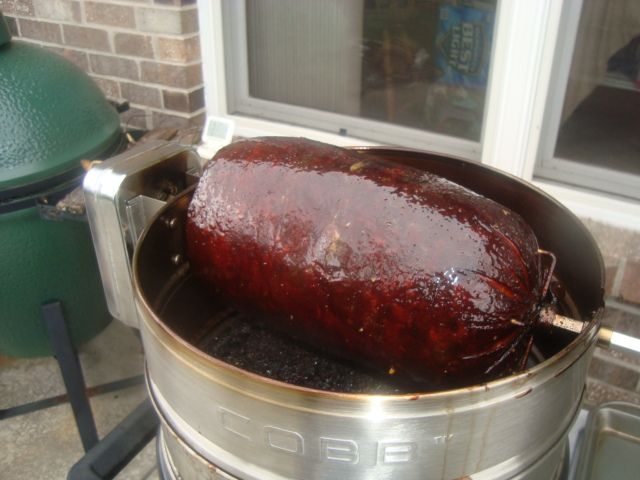
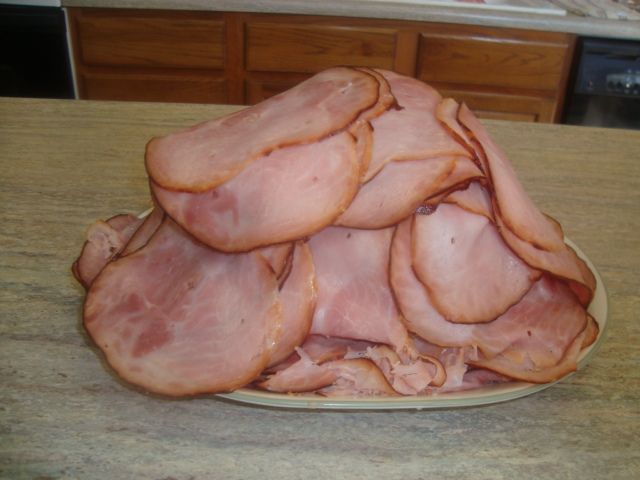
The above is a 7.83 pound ham in the grill. Imagine that...the little cooker will make about 25 nice sandwiches for your hungry crowd!
This modification and setup will work with a piece of meat up to about 9” in length and a width or top to bottom of about 7-1/2 inches in diameter. This will include the boneless ham, whole chickens, turkey breast, beef round roast for roast beef, boneless leg of lamb, cornish hens, pork loin, maybe a 3-4 bone prime rib, and probably some others that I can’t think about at this time.
Many of the cooks will require the addition of some more charcoal during the cook and this can be done by using gloves and carefully just lift the bottom two dome extensions along with the rotisserie and meat in one unit off of the grill and set it aside and then stir the charcoal and add some more briquets and put it back together and you are on your way again. Can do it in less than a minute.
